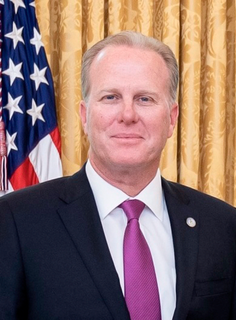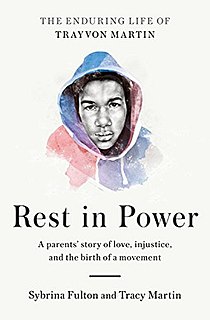A Quote by Patti Harrison
We need to afford people from minority groups and marginalized communities the chance to inhabit spaces they're often held out of because of stereotyping.
Quote Topics
Related Quotes
Historically during the years of the White minority regimes, the State, the national Government held this land in trust for these communities. We said, but no, why should we do that ( return the land to the communities). We didn't say return the land to particular traditional leaders, but to the communities.
I think that we need to begin talking about what does it mean to create these safe spaces in our communities, to begin welcoming one another into our homes and into our communities when they're returning home from prison, people who are on the streets. We need to begin doing the work in our own communities of creating the kind of democracy that we would like to see on a larger scale.
Because present procedures by design favor the affluent, the poor are being increasingly marginalized. And because the poor are so marginalized, they can exert little influence on institutional design decisions. We need to break out of this vicious spiral and create momentum in the opposite direction.
The relative lack of power of certain minority groups and the fear they're feeling in the wake of Donald Trump's election, I think, is something we really need to take a look at, because, while I don't think Trump wants to target any particular minority group, I understand their fear, because he spent many months stoking it.
Web publishing can create common spaces; it all depends on how we, the readers and sometimes the producers, react to technological change. If we sort ourselves into narrow groups, common spaces will be in big trouble. But there's no reason not to have common spaces on the Internet. There are lots of them out there.
The international community cannot accept that whole communities are marginalized because of the color of their skin. People of African descent are among those most affected by racism. Too often, they face denial of basic rights such as access to quality health services and education. Such fundamental wrongs have a long and terrible history.
What you don't see on television is people dying today because they can't get to a doctor and they can't afford prescription drugs. That's why they are also dying. They are dying in Iraq because they are poor and they have gone into the military because they can't afford to go to college. They're dying because they're living in communities where asthma rates are extremely high because the air is filthy. The suffering of the poor and working class people is a virtual nonissue for the media. But that is the reality.
I would definitely like to see the education process more enhanced in African-American communities, because we need to be educated on laws that are relevant to our communities and our people, as well as to any other ethnic groups. A broader view of how people perceive African-American boys and girls in this country is what I'd like to see.



































